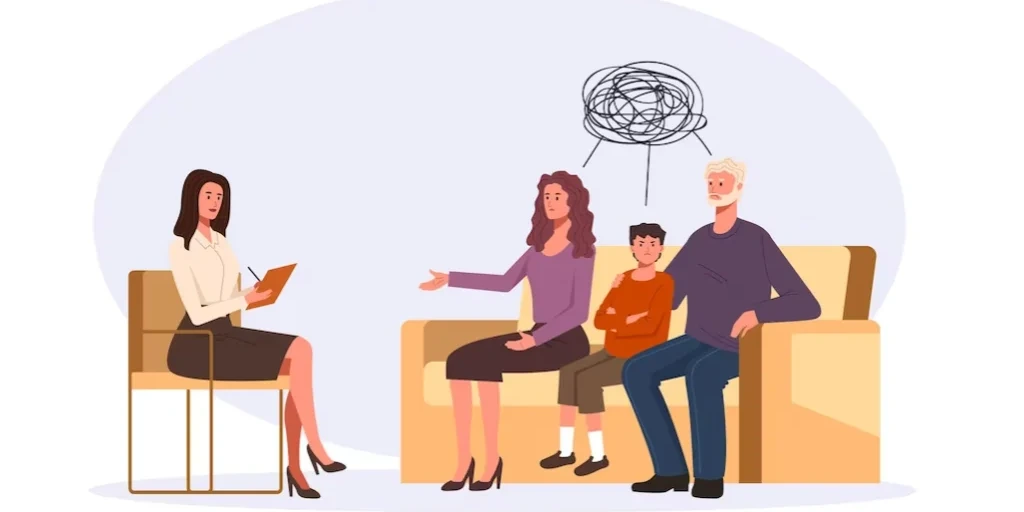24/7 Helpline:
(866) 899-111424/7 Helpline:
(866) 899-1114
Learn more about Eating Disorder Treatment centers in Indiantown
Eating Disorder Treatment in Other Cities

Other Insurance Options

American Behavioral

Anthem

Multiplan

Premera

Holman Group

Sliding scale payment assistance

ComPsych

WellCare Health Plans

Highmark

Ambetter

Excellus

MHNNet Behavioral Health

MVP Healthcare

Regence
Beacon

BlueShield

CareFirst

BHS | Behavioral Health Systems

Carleon

Health Partners
















